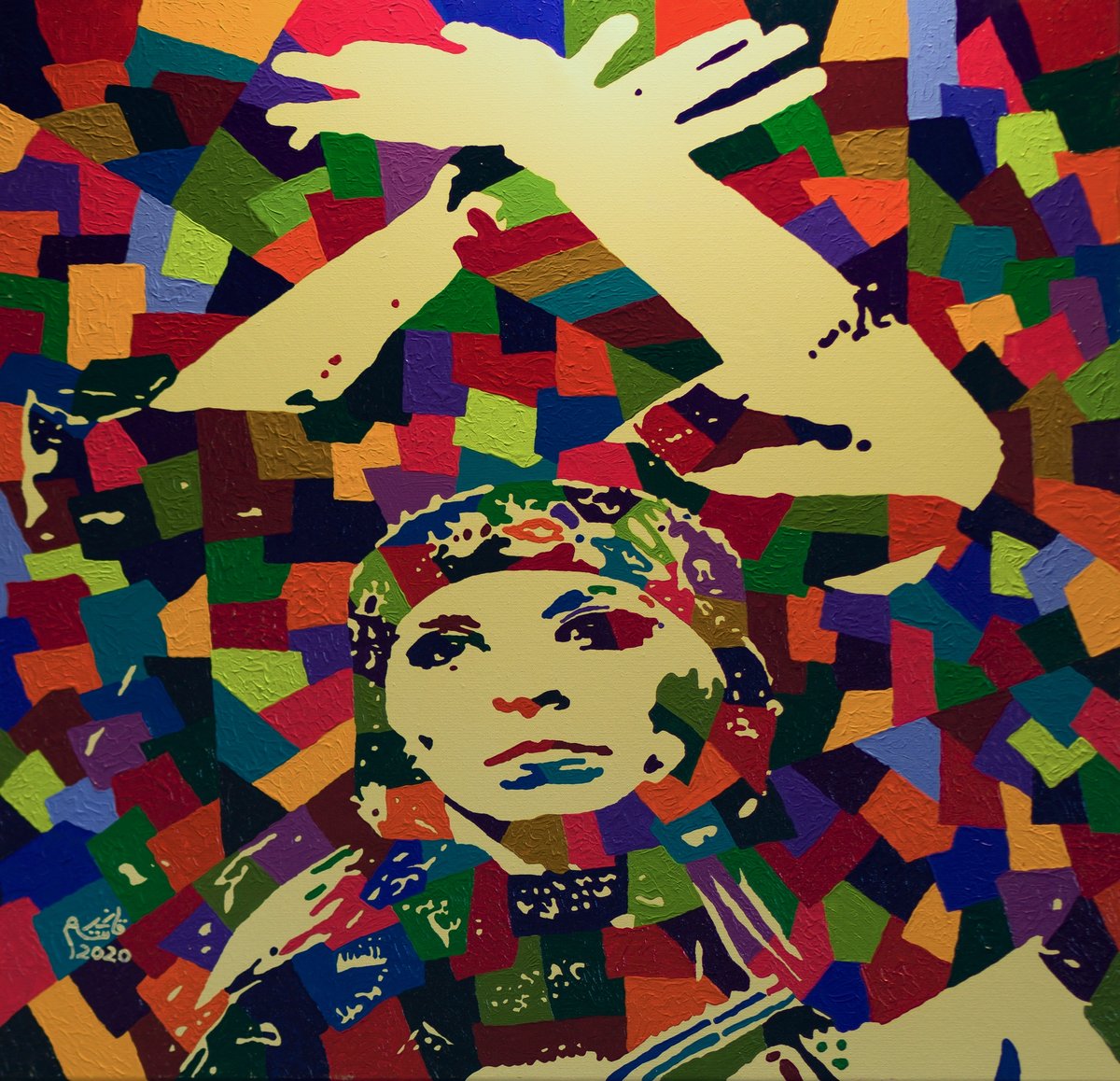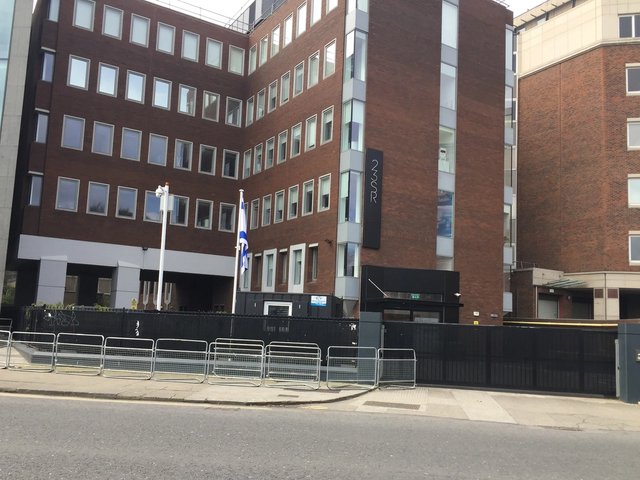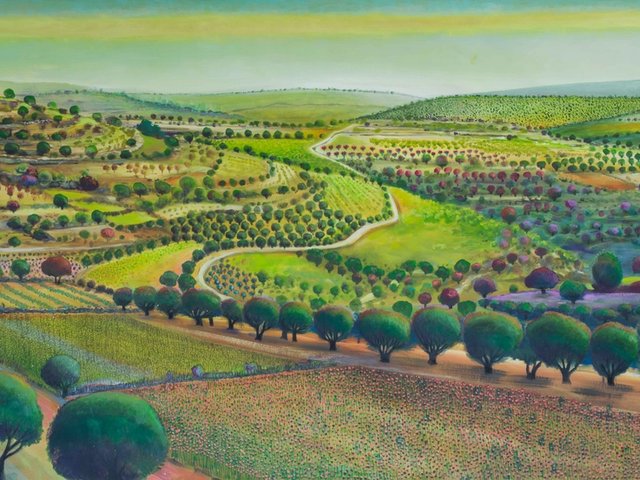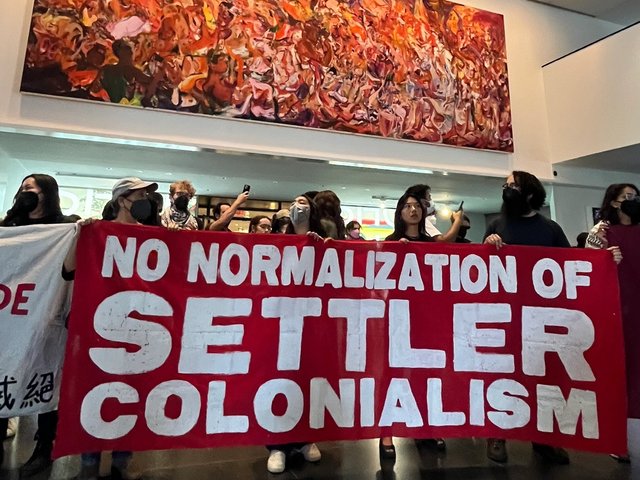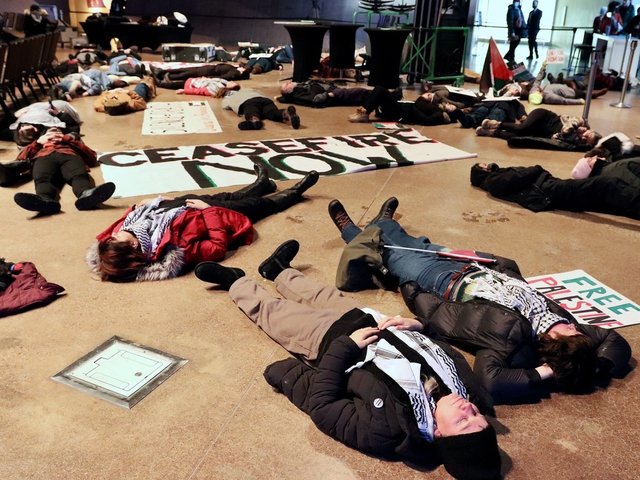As the director of the Palestine Museum US, I am thrilled to announce that we have taken the bold step of establishing a permanent presence in the Scottish city of Edinburgh. This marks a significant milestone in our long-planned phase of expanding our museum to major cities in the US and around the globe. Edinburgh will be our first outpost, with similar initiatives planned for Chicago, Washington, DC and London over the next year or two.
As we embark on this expansion, we are acutely aware of the financial, logistical and political challenges that lie ahead. Nevertheless, we are committed to sharing Palestinian arts with the world, and we are making every effort to overcome these obstacles.
Significant challenges
One of the significant challenges we face is attracting the attention of corporate media and securing coverage for our exhibitions and featured artists. Over the past two years, many media outlets have conducted interviews with us, only to never publish them without explanation. Moreover, we have noticed a disturbing trend where museums and other art establishments are steering clear of anything Palestinian, fearing retaliation from governments and smear campaigns by powerful individuals.
The current climate is particularly hostile, with the word "Palestine" having become radioactive
When coverage is published, it is often sandwiched between opposing narratives that weaken and, in some cases, undermine our efforts. This is not new; Palestinian artists have long faced challenges in exhibiting their works in the Western world. However, the current climate is particularly hostile, with the word “Palestine” having become radioactive. A global wave of cancellations and supposed “postponements“ is spreading, not just in the US but also in many European countries, especially Germany, where support for the Palestinian narrative is heavily censored.
As leaders of the Palestinian art movement in the Western world, we are determined to tell the Palestinian story to a global audience, as our mission statement promises. If that means creating our own museums to do so, then so be it. We are echoing the powerful statement made by Samia Halaby in her keynote address at the opening ceremony of the Palestine Museum US in 2018. As a renowned Palestinian abstract artist, Halaby has personally experienced the cancellation of a major retrospective exhibition at her alma mater, Indiana University.
Rich cultural heritage
We chose Scotland as the first European location for our museum expansion because of the strong support provided by the Palestine solidarity movement. Many Scottish volunteers have stepped forward to welcome our new presence and offer to help manage and promote our programming. We are grateful for this support and look forward to collaborating with Scottish artists and cultural organisations.
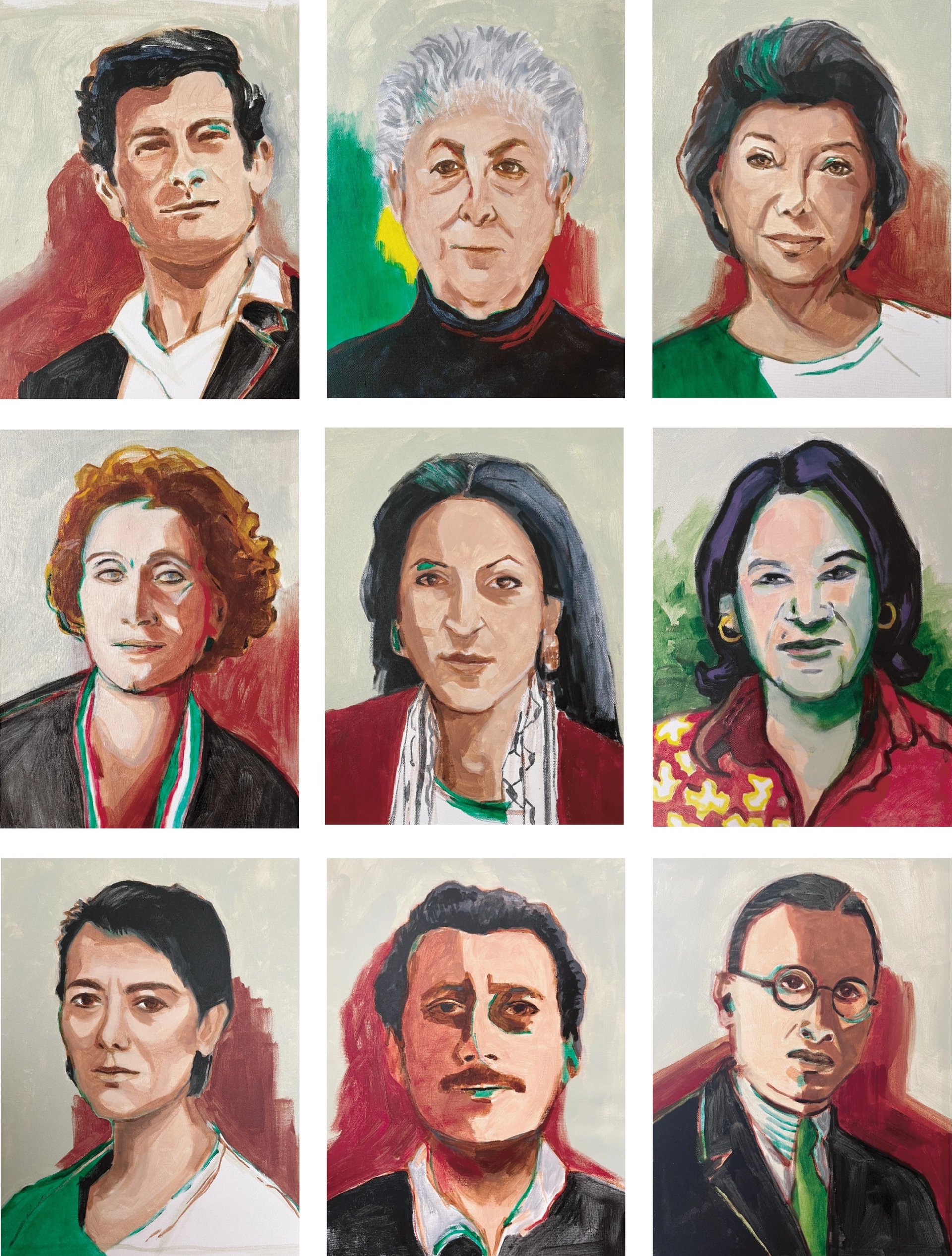
Jacqueline Bejani, palestinian portraits (2022)
Courtesy of Palestine Museum US
At a time when platforms for Palestinian arts are being taken away in many jurisdictions, it is heartwarming to experience the Scottish hospitality. Edinburgh, with its rich cultural heritage and international art scene, is the perfect location for our expansion. The city's August festivals season, which attracts more than 500,000 visitors, offers a unique opportunity for us to showcase Palestinian arts and culture to a global audience.
As we embark on this new chapter, we are filled with hope and determination. We believe that our presence in Edinburgh will not only promote Palestinian arts and culture but also contribute to a deeper understanding and appreciation of the Palestinian narrative. We look forward to working with our Scottish partners and friends to make this vision a reality.
• Faisal Saleh is the executive director and founder of Palestine Museum US


